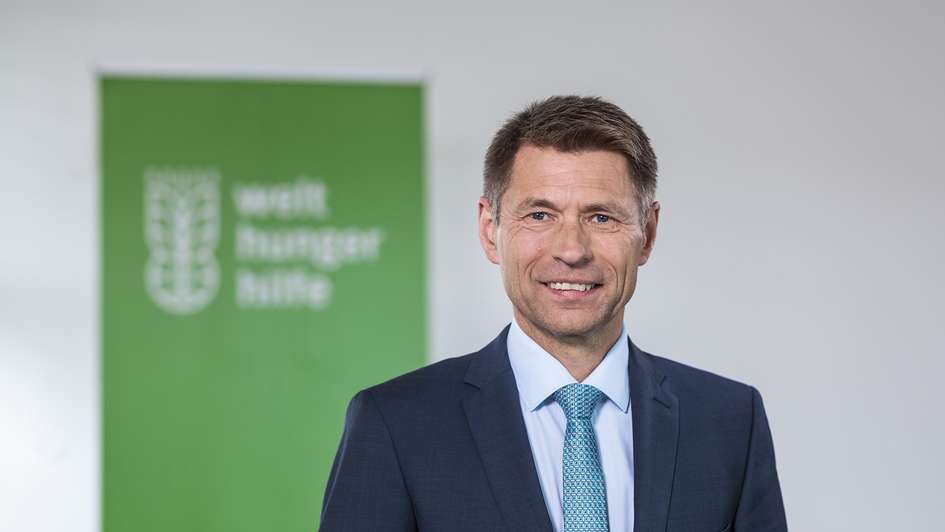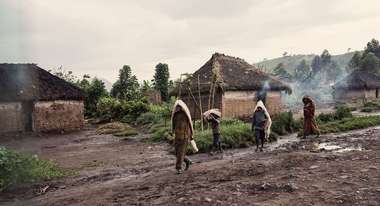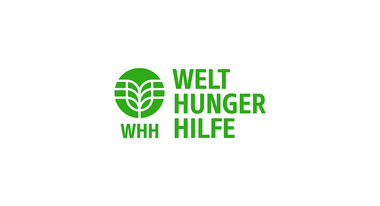Press statement on the G7 summit in Elmau
Statement by Mathias Mogge, the secretary general and chief executive officer of Welthungerhilfe

Bonn/Berlin, 24.06.2022. Looking ahead to the G7 summit, which begins on Sunday in Elmau, Mathias Mogge, the secretary general and chief executive officer of Welthungerhilfe, made the following statement:
“The G7 summit in Elmau needs to serve as a lifeline for millions of people who are otherwise at risk of starving to death in the coming weeks and months. It is good that food security is at the top of the agenda and that the German federal government is bringing together key partners in the fight against global hunger at an international conference on Friday. However, these words must be followed by deeds.
Chronic hunger already affects over 800 million people worldwide, and this figure could rise to exceed 1 billion due to war, conflict, climate change, and the coronavirus. Circumstances are as dire as they have been in decades. The war of aggression against Ukraine shows how hunger is being weaponised and used to exert targeted pressure. There is a threat of famine on a large scale again, which should actually be a thing of the past. People in the Global South were already suffering under a variety of crises, including the economic effects of the coronavirus pandemic, the growing impact of climate change, and conflicts that force millions of families to flee, for example in Ethiopia. The Horn of Africa is experiencing the worst drought in 40 years, and parts of Somalia are in the grip of famine.
Rising food prices throughout the world are exacerbating these crises because they have the strongest impact on people who are already among the most impoverished. At the same time, a lack of funds is forcing the World Food Programme to scale back food aid that people in places like South Sudan rely on to survive. That does not bode well for the future and will cause hunger to grow even more. People in many of our project countries are desperately calling for help. Prices for staple foods have risen by up to 40 percent, and people have exhausted their resources. Children no longer attend school, girls get married at even younger ages, and meals are skipped. The German government must succeed at the G7 summit in putting together an immediate rescue package to combat the hunger crisis so that lives can be saved.
In addition, the global food system must be successfully reformed to ensure that everyone has access to healthy food in sufficient quantities. All agricultural strategies should also pursue environmental and climate goals while reducing harmful subsidies. We expect the G7 states to put an additional annual sum of around EUR 13 billion towards the goal of ending hunger by 2030.”
Welthungerhilfe turns 60 this year. It is one of the largest private aid organizations in Germany; politically independent and non-denominational. With courage and determination, it is striving for a world without hunger. Since it was founded on December 14, in 1962, 10,369 overseas projects in about 70 countries have been supported with 4.2 billion euros. Welthungerhilfe works on the principle of empowering people to help themselves: from fast disaster relief to reconstruction and long-term development cooperation projects with national and international partner organisations.







